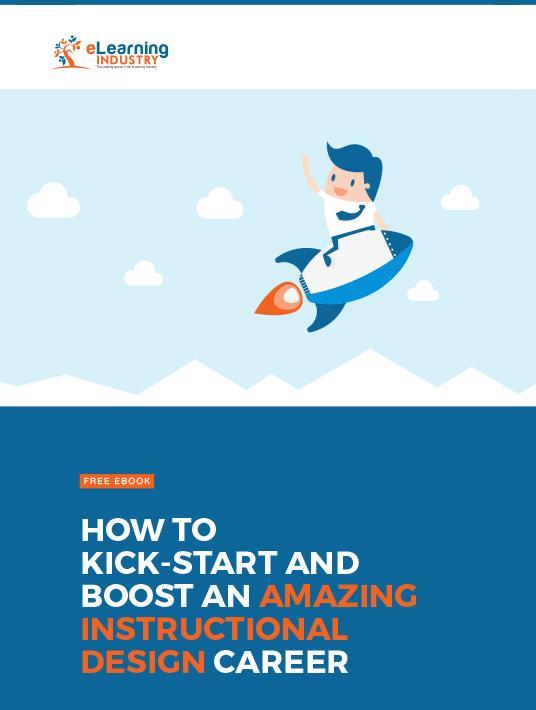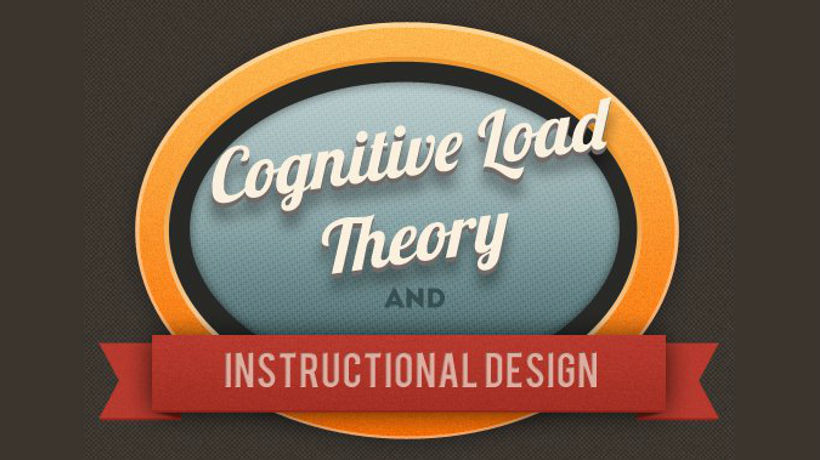History Of Instructional Design Theory
Instructional Design helps organize learning and focuses on teaching methods that achieve specific goals. It is a systematic approach based on learning theories to ensure high-quality instruction. Over time, Instructional Design models and theories have changed as educational trends and ideas have evolved. These models, which have developed over many decades, suit different learning situations. The roots of Instructional Design trace back to the time of Socrates and Plato, with further contributions from philosophers in the 17th and 18th centuries.
At the start of the 20th century, the view of Instructional Design shifted to match modern ideas, driven by new social and political changes that influenced the purpose of learning and education. Before the 1990s, Instructional Design primarily employed a behaviorist approach based on established knowledge. However, it later adopted a constructivist approach, where educators create a less formal learning environment. This helps learners find their own answers through exploration, research, and reflection. Today, while Instructional Design still emphasizes this constructivist approach, it also retains its behavioral roots to enhance effective teaching and learning.
eLearning Course Design: Instructional Design Theories Models To Consider And How To Choose The Right One
To become an expert in Instructional Design, you need to research and use what you already know. Learning different Instructional Design theories helps you understand how people learn, what motivates them, and how they think. This knowledge allows you to improve knowledge retention and create better eLearning training experiences using modern educational technology that provides real-world benefits.

10 Perfect Choices For Your Next eLearning Course
Here are 10 top Instructional Design theories that you may want to think about for your upcoming eLearning course design.
1. Situated Cognition Theory
The situated cognition theory was first introduced by Brown, Collins, and Duguid back in 1989, but its principles are still just as applicable today. Essentially, this is one of the most important Instructional Design models, relying on active learning strategies and the concept that you cannot separate knowing from doing. It is often paired with the Cognitive Apprenticeship Model, which exposes learners to realistic challenges and situations. The cornerstone of this instructional theory is that learners must be able to apply their newfound knowledge and skills outside of the learning environment. As such, eLearning professionals and online instructors must frame each online training activity or course with real-world applications. This theory also stipulates that learning occurs as a social endeavor that gives people the opportunity to expand their knowledge through discussions and group problem-solving tasks.
2. Sociocultural Learning Theory
The original work detailing the sociocultural learning theory was written in the early 1930s. Due to translation and political issues during that time, it took a considerable amount of time to gain widespread recognition. This theory revolves around three critical elements of Instructional Design and technology: culture, language, and the zone of proximal development. It suggests that the environment plays a crucial role in a learner's development, emphasizing the importance of collaborative learning. For example, peers have the power to influence how a learner thinks or feels about a particular subject, often more than the instructional materials themselves.
3. The ADDIE Model
The ADDIE model is a guide for creating eLearning projects. It stands for Analyze, Design, Develop, Implement, and Evaluate. This model was developed in 1975 by the U.S. Army and the Center for Educational Technology at Florida State University. It helps Instructional Design professionals work in a structured way. The ADDIE model focuses on eLearning development, not learning behaviors. It allows Instructional Designers to understand the needs, set clear learning goals, and define the desired outcomes. This approach helps them create more personalized eLearning materials and effective instructional tools.
4. Merrill's Principles Of Instruction
Merill's Instructional Design theory focuses on how to help people learn effectively. It highlights four main phases of learning: demonstration, activation of prior knowledge, application, and integration into real-world challenges. This theory is task-centered, which sets it apart from traditional learning methods. Additionally, it includes "scaffolding," a strategy that introduces learners to more complex ideas gradually as the lesson moves forward.
5. Discovery-Based Learning
Discovery-based learning is an important Instructional Design model introduced by psychologist Jerome Bruner. Other influential figures, such as Dewey, Piaget, and Vygotsky, also supported active, discovery-centered learning. This approach encourages learners to take an active role in their education and the design process. Learners are encouraged to ask questions and explore topics independently. The process begins with identifying key variables, followed by gathering and interpreting the information. Next, learners formulate their own hypotheses and draw conclusions based on the data they have collected. At this stage, they can also reassess their assumptions and either confirm or challenge their initial theories.
6. Inquiry-Based Learning
Joseph Schwab is a leading supporter of inquiry-based learning. This approach focuses on working together and solving problems. It suggests that people learn by interacting with others and exploring real-world issues. A key part of this method is taking an active role in brainstorming. Inquiry-based learning also helps develop skills in communication, active listening, and reasoning.
7. Elaboration Theory
Charles Reigeluth is an educational theorist known for developing elaboration theory. This theory explains that content should be organized and presented in a specific way. Learners should start with basic ideas and gradually move to more complex concepts. Elaboration theory includes three main steps. The first step is to look at the whole picture. This means summarizing the problem or task and showing how the concepts are connected. The second step is to closely examine the initial level of each person's understanding. The final step is to revisit the big picture to see how each part fits together.
8. Individualized Instruction
Individualized instruction theory focuses on how each person learns. This approach is the foundation of "The Keller Plan" and "The Personalized System of Instruction." It emphasizes that learners should explore topics on their own to fully grasp the ideas. If you learn quickly, you can move ahead. If the material is challenging, you can take your time. This theory also recognizes that different students have different learning styles, so teachers create specific objectives and teaching plans based on these styles. Individualized instruction is based on four main ideas:
- Learners should work independently, allowing them to focus on their strengths and weaknesses.
- Each lesson should include an assessment to check the learner’s progress.
- Written materials are used more often than presentations.
- Teachers provide support and encourage interaction to enhance the learning experience.
9. Bloom’s Taxonomy Of Learning Objectives
The well-known theory was first developed by Benjamin Bloom in the 1950s. While some modern theories focus only on memorizing facts, Bloom emphasized thinking skills. His theory includes a hierarchy of cognitive processes, starting from the simplest to the most complex. These processes are: Remembering, Understanding, Applying, Analyzing, Evaluating, and Creating. The group that Bloom led also identified three key areas to consider: cognitive, affective, and psychomotor.
10. The SAM Model
This Instructional Design model helps Instructional Designers make changes in small steps through several rounds of adjustments. You start with a quick Preparation Phase to gather information about the eLearning project. Next, you enter the iterative design and development phase, where you create and review the design. This approach allows for flexible designs and quick updates as the eLearning project progresses.
Many of the above Instructional Design theories have been around for a long time, but they are still useful in today’s technology-focused world. Pick the right Instructional Design theory for your corporate learners and create effective online training courses that meet their needs.
How To Find The Right ID Theory For Your eLearning Course Design
When choosing an Instructional Design theory, make sure it meets the needs of your online learners and your client's learning goals. The subject matter is also very important. For example, if you are working on a corporate eLearning project that focuses on problem-solving, you might want to use Merrill's Principles of Instruction. If the goal is personalized learning, individualized instruction works best for self-paced studies. Understanding your client's expectations and requirements from the start will help you narrow down your options for Instructional Design theories. This way, you can find the one that best supports the learning behaviors and desired outcomes by comparing key features.
Conclusion
Learning about the principles behind the work that you do is important in any field, but especially in Instructional Design, as it can help your career in many ways. Your clients will appreciate your comprehensive knowledge of the field. When clients ask questions or need guidance, you will be able to support your recommendations by citing specific Instructional Design theories. Additionally, you will develop better work products utilizing the theories you have learned. While you cannot implement every Instructional Design theory on every eLearning project, you can take pieces from each one. Research as much as you can now. It will go a long way to helping your Instructional Design career.
Choosing the best Instructional Design model for your eLearning course design can be challenging. Read the article 8 Tips To Choose The Best Instructional Design Model For Your Next eLearning Course before deciding upon the ideal Instructional Design approach for your next eLearning course.
Get all the information you need to start a successful Instructional Design career today. Download our free eBook How To Kick Start And Boost An Amazing Instructional Design Career to learn tips on how to find your dream job as an Instructional Designer, create an amazing Instructional Design portfolio, as well as create meaningful eLearning experiences that engage and inspire.








